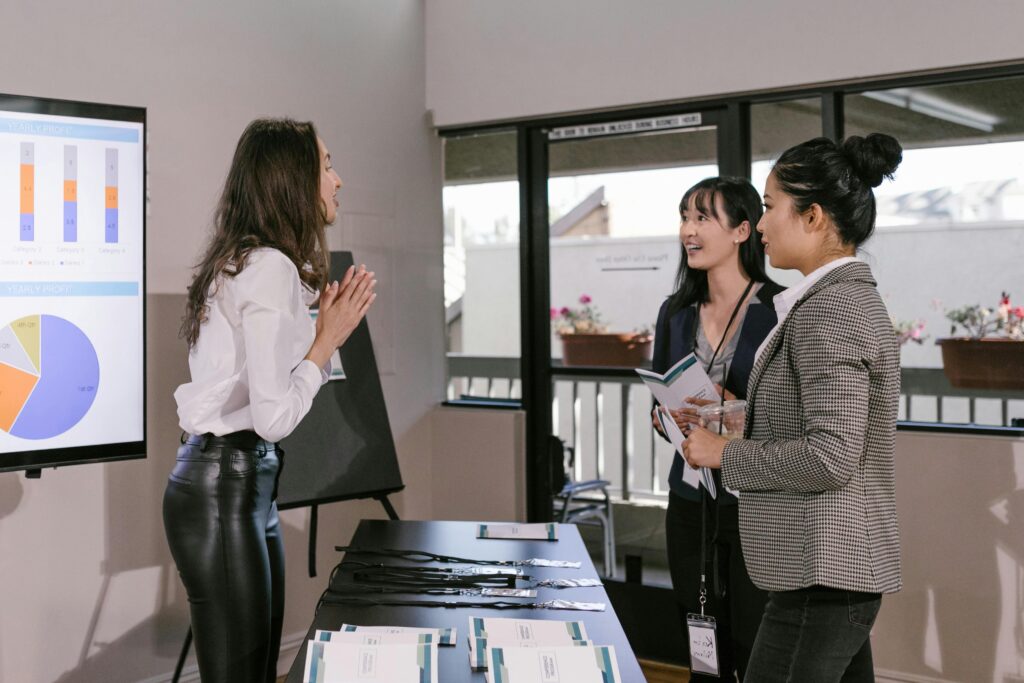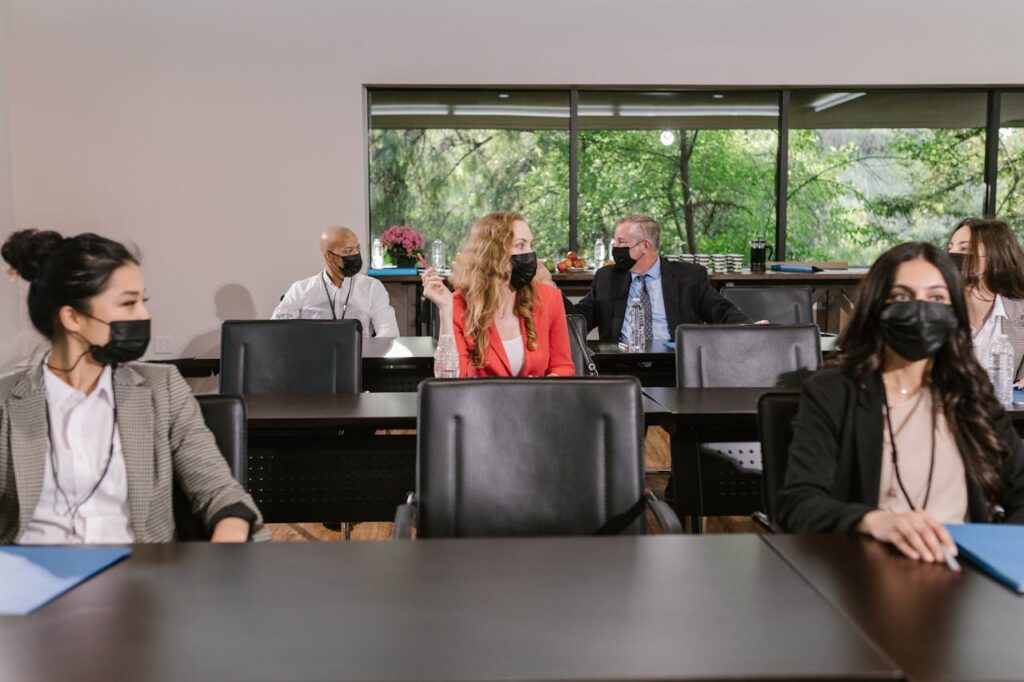Selecting the right venue is one of the most crucial decisions in the event planning process. The venue sets the tone for your event and can significantly impact the overall experience for attendees. Whether you’re planning a corporate conference, a wedding, or a team-building retreat, here are key considerations to help you choose the perfect venue.
1. Define Your Event Goals
Before you start looking for venues, it’s essential to define the goals of your event. Are you aiming to educate, entertain, network, or celebrate? Understanding the purpose will guide your venue selection process. For instance, a formal corporate conference may require a different setting than a casual networking event.
2. Consider the Location
The venue’s location plays a vital role in accessibility for your attendees. Consider whether the venue is easily reachable via public transportation, has ample parking, and is in a safe area. A centrally located venue may attract more attendees, while a unique or scenic location could provide a memorable experience, even if it’s a bit out of the way.
3. Capacity and Layout
Evaluate the size of your guest list and ensure the venue can comfortably accommodate your attendees. Look for venues that offer flexible layouts to suit different types of events. Consider whether you need breakout rooms, a stage for presentations, or space for dining. A venue with a versatile layout can adapt to your specific requirements.
4. Amenities and Services
Check what amenities and services the venue offers. Essential amenities may include audio-visual equipment, Wi-Fi, and catering options. Some venues provide in-house catering and event planning services, while others may require you to hire external vendors. Ensure that the venue’s offerings align with your event needs to streamline the planning process.
5. Budget Considerations
Establishing a budget early in the planning process is crucial. Consider all costs associated with the venue, including rental fees, deposits, service charges, and additional costs for amenities. Keep in mind that while some venues may appear budget-friendly at first glance, hidden costs can quickly add up. Make sure to clarify all terms and conditions before signing any contracts.
6. Ambiance and Style
The venue’s ambiance and style should match the theme and tone of your event. Whether you want a modern, sleek look or a rustic, charming feel, the venue’s décor should align with your vision. Take the time to visit potential venues and visualize how your event will unfold in that space.
7. Availability and Flexibility
Before falling in love with a venue, check its availability for your desired date. Popular venues can book up quickly, so have alternative dates in mind. Additionally, inquire about the venue’s flexibility regarding setup times, cancellation policies, and any restrictions that may impact your event.
Conclusion
Choosing the perfect venue involves careful consideration and planning. By defining your event goals, evaluating location, capacity, amenities, and style, and considering your budget, you can find a venue that enhances your event experience. Remember, the right venue not only provides a backdrop for your event but also creates an atmosphere that resonates with your attendees long after the event is over.



